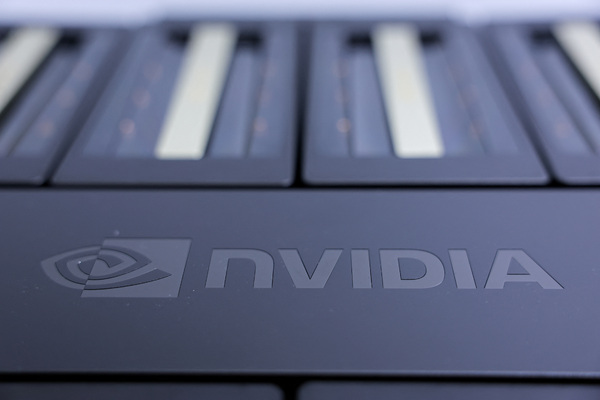Exploiting AI for marketing

Tom Ryan at MarCloud Consulting advises businesses to harness powerful AI for their marketing activities, but be wary of the dangers
Only a few years ago, Artificial Intelligence (AI) was a mystery to most people and something you’d expect to be exclusively utilised by Silicon Valley. Fast forward to today, AI has come a long way and is now available en-mass with popular solutions such as ChatGPT.
As everything in business works in cycles, marketing technology is entering a phase of data democratisation. In other words, advancements in technology have enabled the roll out of these tools to mass markets at a reasonable cost, subsequently helping organisations to be more efficient, innovative and creative.
A word of warning though, businesses could be sleepwalking into danger. Marketing is a craft in its own right and outsourcing it to AI could pose problems since it is only able to make decisions based on the pool of data it has access to.
This limitation and lack of human awareness of real-world context could potentially stifle creativity and innovation. Or, even worse, erode a business’s edge over its competition.
A fundamental law of AI
AI processes information from an extremely large pool of data and transforms it into something digestible to the end user at the other end. There are even tools available that can automatically generate images when asked for with a search term, write full eBooks and generate audio clips with famous people’s voices.
The problem though? The quality of the data pool dictates the quality of the output.
Bad data in means bad data out, and the CEO of OpenAI claimed that results can still be wildly inaccurate.
Inept marketing
Another common cycle that occurs with any fad is the YouTube adverts that start popping up with claims that anyone can make millions from new technology like ChatGPT if you buy their course.
When this happens, it’s clear the technology has reached the mass market and the User Experience is friendly enough for beginners. But people should watch out for ‘copy and paste’ marketing campaigns off the back of this.
Another problem that stems from this is that potential job candidates in an interview could claim to have great marketing skills and abilities; but in reality, they only know the buzzwords and are good at entering search terms into AI-powered tools.
To win in the long term, businesses need to be doubling down on authenticity and originality because AI generated content is about to flood the market. It won’t take long for people to recognise the genuinely good from the downright lazy.
The best marketing AI tools today
AI is a dark art to the less-technically minded and companies should be wary of how results are portrayed. They need to ensure that teams are trained and that they are being transparent when presenting work produced by AI.
Here are seven examples of how businesses can harness AI and get more from their Customer Relationship Management and Marketing Automation Platform data:
- Finding key customer accounts. Whether selling to businesses or directly to consumers, organisations need to know who their top customers are. AI can be used to find the biggest potential wins.
- Email send-time optimisation. People check their emails at different times of the day, so email sends should be adapted to be sent at the individual’s most active time of day and open rates will skyrocket!
- Scoring prospects. With thousands or millions of people in the database, there is a need to understand who’s engaging with the business’s brand. AI can help to segment audiences better.
- Preventing communication fatigue. Are customers or prospects being contacted too often? AI can flag when people should be left alone or even better, when they aren’t being communicated with enough.
- Understanding campaign influence and true Return on Investment (ROI). AI can start tracking each touchpoint in the customer journey, at scale and surface the key metrics from all of top performing campaigns.
- ROI, budgets and segmentation. AI can support the review process of marketing activities to see if the business is on track to hit targets, or if it should be pulling back budgets for a specific channel. Audience segment can also be broken down to see what is most effective for who.
- Better forecasting. Planning ahead is the only way businesses can survive and thrive. With AI, organisations could create a clearer view of pipelines and build worst case, realistic and best-case scenarios to understand margin for error.
Prediction for the future
Looking ahead, businesses should expect more of the same but with some layers of intricacy. CRMs will become so advanced that a company could input a complex search such as: ‘Tell me how effective PPC is for CEOs of manufacturing companies in the UK is’ and the system could produce a clear report conveying the data.
In the meantime, the industry will be on the look out for who uses this technology properly, and will no doubt be keeping watch of those who don’t.
Tom Ryan is founder and CEO at MarCloud Consulting
Main image courtesy of iStockPhoto.com

Business Reporter Team
Most Viewed
Winston House, 3rd Floor, Units 306-309, 2-4 Dollis Park, London, N3 1HF
23-29 Hendon Lane, London, N3 1RT
020 8349 4363
© 2024, Lyonsdown Limited. Business Reporter® is a registered trademark of Lyonsdown Ltd. VAT registration number: 830519543





